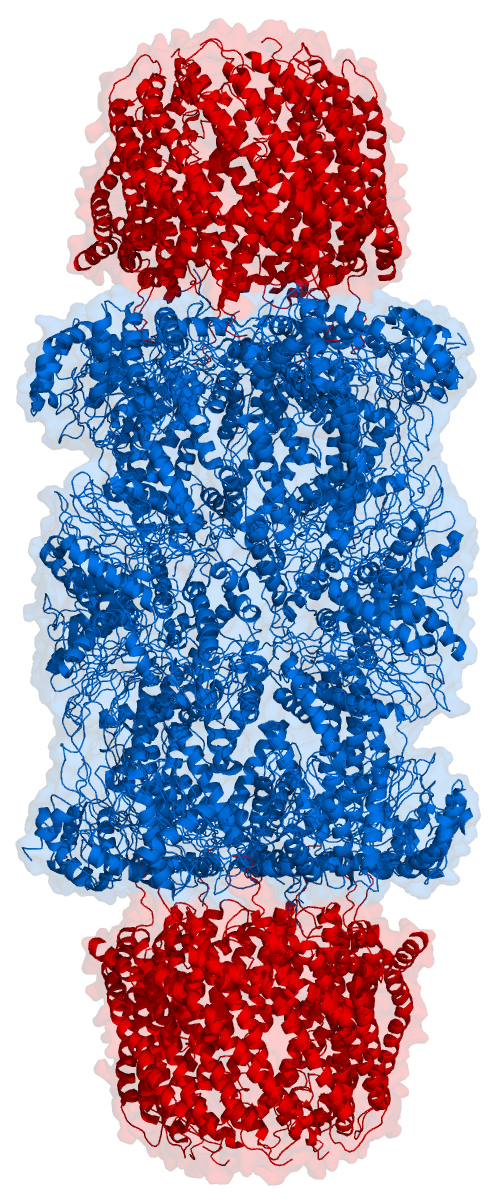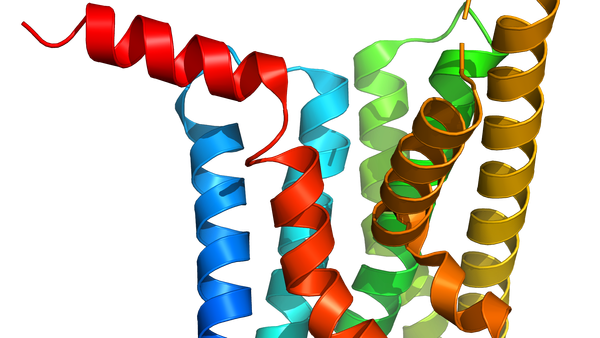The human antibiotic factory
Recent publications have shed light on the human proteasome’s role in natural antibiotic production.
New research published in the journal Nature has revealed a previously unknown function of the proteasome, a component of cells once thought to only play a role in the degradation of proteins.

The study showed that the proteasome can produce peptides that act as a first line of defence against bacteria, implicating the proteasome as a key player in the body’s innate immune system for the first time.
This study builds on existing research that established the role of proteasome-cleaved peptides in adaptive immunity, the slow-acting component of the immune response that occurs in response to specific bacteria and other infections. Now the proteasome has also been revealed to play a part in innate immunity, the faster-acting and less-specialised component of the immune response.
This study opens the door for new antibiotics to be potentially developed from these proteasome-derived peptides.
Furthermore, bacterial infection was seen to induce changes in the composition and function of the proteasome, leading to a significant increase in antibacterial peptides being produced.
These peptides function by disrupting the cell membrane of invading bacteria. They are able to do this due to the compounds on the cell membrane surface having a negative charge while the proteasomal peptides are positively charged. This leads to the bacterial membrane becoming more permeable, allowing the cell contents to release and destroying the bacterial cell.
When the researchers disabled the proteasome in cell samples, they also found that bacteria infected the cells much more easily, highlighting the scale of the proteasome’s involvement in fighting pathogens.
This research sheds light on the mechanisms connecting proteasome dysfunction to various diseases such as cancer and neurodegeneration. This study opens the door for new antibiotics to be potentially developed from these proteasome-derived peptides.
These antibiotics being human-derived may make the development of therapies easier, as they are less likely to be rejected by the body. The demand for antibiotics is ever increasing, and this new untapped source may prove to be lifesaving in the future.









